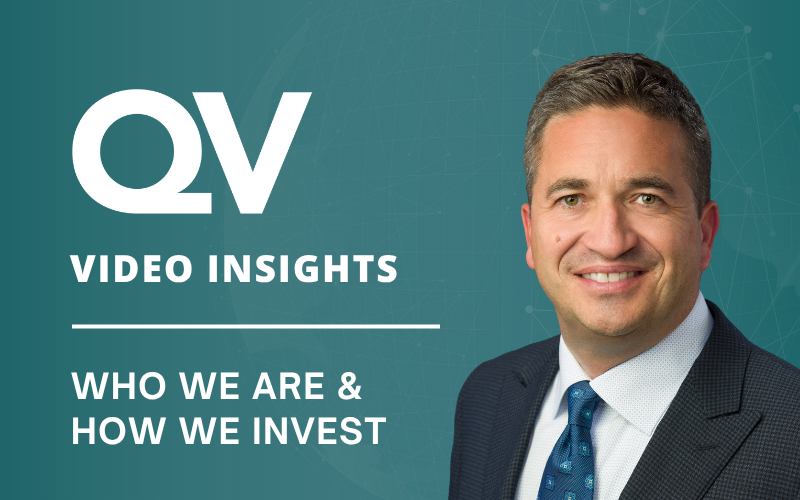Interpreting averages and aggregates can be a lot like peering at the ocean from an airplane. Both offer a glimpse of something large from a little window, but neither allow much comprehension of the swells or troughs which make up the entirety. Stock market aggregates are no exception. For example, consensus earnings estimates for the S&P 500 recently fell into negative territory for the first time since 2009, indicating the risk of a corporate earnings recession. Superficially this is unsettling. If we adjust the S&P’s earnings for the effects of a strong US dollar and low oil prices however, underlying US earnings are actually growing in the high single digits while underlying profit margins remain at all-time highs. In this case, a cursory look at earnings estimates could lead investors to an incorrect assumption about the underlying strength of corporate America.
Alternatively, the expected price to earnings (P/E) ratio of the S&P 500 is 17.6x and only moderately above the long term average. Here too, the aggregate obscures extremes amongst the particulate. While the evaporation of earnings have rendered energy stocks’ P/E’s largely meaningless, price to book (P/B) ratios indicate that many are at the lowest valuations witnessed in over three decades. Meanwhile, waning activity in oil & gas alongside a stronger US dollar and weaker emerging markets is causing an outright recession among many industrial companies. According to industrial distributor Fastenal Co.’s CEO, “a third of the top 100 customers for the company’s nuts, bolts and other factory construction supplies have cut their spending by more than 10% and nearly a fifth by more than 25%.” Among US industrials, many valuations also appear depressed relative to historical norms.
In contrast, the experience of the US consumer discretionary sector, and until recently the healthcare sector, is decidedly upbeat. On Tuesday Home Depot reported record third quarter earnings with US same store sales up a very robust 7.3%. Year to date, strong company results across consumer discretionary have made it the greatest positive contributing sector to S&P 500 returns. But in a world of low growth, strong performance begets lofty valuation. On an absolute basis, consumer discretionary sector valuations measured by price to book are the highest they’ve been since 1999. Based on expected earnings, the sector trades at a 20.6x P/E. On a relative basis, consumer discretionary stocks trade at the highest valuation premiums to beleaguered industrials stocks or to the S&P 500 in the past 25 years. Looking more closely, a recent Barron’s article contended that much of this year’s positive gains in the S&P 500 have been driven by a small group of highly valued stocks in consumer discretionary and information technology (below). Excluding Apple, these valuations are extraordinarily high.

From 10,000 feet up the S&P 500’s seemingly innocuous P/E is obscuring the risks and opportunities amongst the peaks and nadirs of its pieces. At QV we have been positioning our global strategy to exploit pockets of opportunity while avoiding risks hidden within index aggregates. Our US holdings are weighted heavily towards areas such as financials, energy and stable information technology where we believe risks of capital loss are minimized and return potentials remain adequate. Meanwhile, the bulk of our consumer discretionary holdings are based in Europe where valuations are more reasonable. Although this involves foregoing the returns being achieved among high flying US consumer stocks, it also means avoiding the downside risks which accompany optimistic earnings expectations and elevated valuations.




